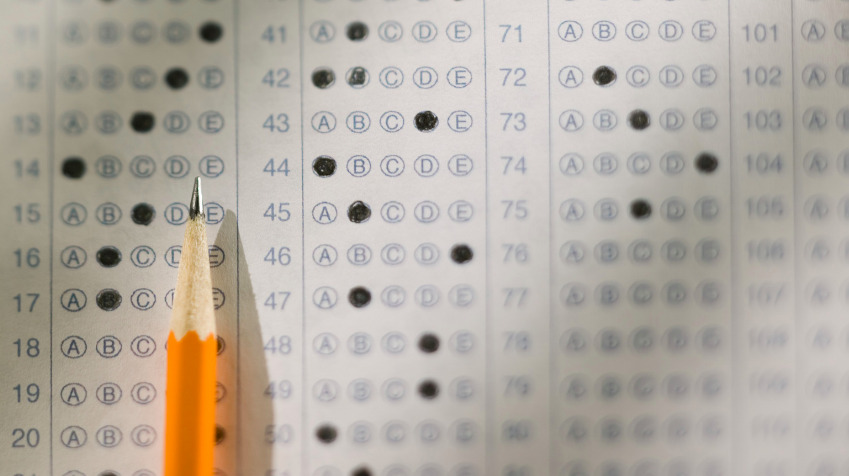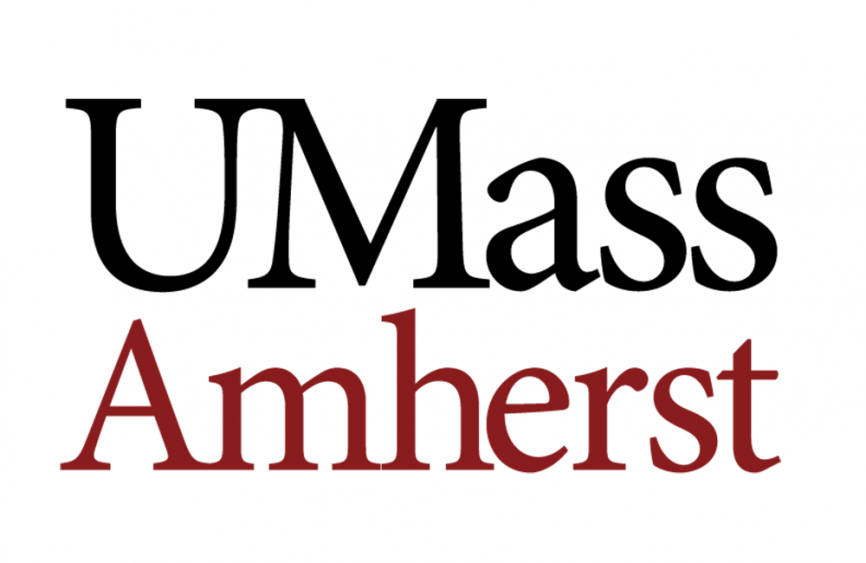
Many colleges have gone test-optional for the 2020-2021 admissions cycle, and so far, ACT, Inc., the publisher of the ACT, has done all it can make colleges appear prescient by doing so. When you can make the individuals running Mizzou (went test optional this week) appear forward-thinking you know you are really scraping the bottom of the barrel when it comes to organizational effectiveness.
Throughout the spring and early summer ACT administrations were cancelled with little to no notice. Students often registered for testing sites miles away from home in the hopes that they had found a rural school willing to allow them into the building to take the ACT only to find that they were student #251 out of 500 students in line, and the school, because of social distancing, was only accepting the first 250 students to show up.
All this happened with no warning or guidance from ACT, Inc.
In other cases, students showed up to a school on a Saturday morning only to find the whole place locked up and the ACT unable or unwilling to give any pre-test or post-test guidance as to why the test was never administered. Was it the ACT’s fault or was it that proctors just didn’t show up or was it because the school was closed by some higher power? Does it matter?
Obviously, the plague spreading around the Earth came at a time when many long-standing institutions were least capable of dealing with it. Most venerable institutions in the U.S. are notable for their lethargy, inflexibility, listlessness, and lack of leadership, and their reaction to doing business through a plague is to remain in denial as long as possible.
Yet, now that summer is waning, the hits keep on coming for the ACT.
The latest ACT snafu comes in the form of a random email some students who thought they successfully registered for the September ACT received this week that read as follows:
Hi [Student Name],
We’re sorry. We know on Monday you visited MyACT to register for the ACT test and did not have the experience you were hoping for or the one we wanted to provide you. Your anguish is justified.
We are refunding your full transaction amount that occurred on July 27 through MyACT.
Your order did not complete as expected and you do not currently have an ACT test registration.
MyACT will be up and running on Monday, August 3 at 10:00am CT, and you will be able to register successfully. Customer Support teams are not able to complete or change registrations until our system is back up on Monday.
Thanks for your patience.
What’s going on in Iowa? ACT, Inc. claims a new registration system is in the offing in 48 hours. Maybe come August 3 the powers that be at the ACT will wake up fully aware that their entire business model is hanging on by a thread and they will chart a positive course for the standardized test. But, would you be money on that? Chances are ACT, Inc. will keep stumbling from embarrassment to embarrassment into the fall and winter until someone who is actually a leader takes charge and proactively guides the organization forward in a world unlikely to return to fetid “normal” any time soon.
In the meantime, if you can earn a strong ACT or SAT score and the college(s) you are applying to is test optional, it’s still my recommendation to grin and bear this shady process. Test optional is not test blind; therefore, the clamor to take the SAT and ACT will remain no matter how bad both of these test makers behave.
The (former) SAT word for all of this: debacle. The (current) SAT words for all of this: hot mess.

 MIT has made the decision to no longer consider the SAT Subject Tests as part of the admissions process. You can find MIT’s full revised testing requirements
MIT has made the decision to no longer consider the SAT Subject Tests as part of the admissions process. You can find MIT’s full revised testing requirements 


 Columbia University has announced a new Dual Degree Program between Tel Aviv University and Columbia University, which will complement Columbia’s ongoing successful Dual BA Programs
Columbia University has announced a new Dual Degree Program between Tel Aviv University and Columbia University, which will complement Columbia’s ongoing successful Dual BA Programs  University of Massachusetts Amherst has announced a significant change in what types of responses applicants could receive when applying Early Action (EA).
University of Massachusetts Amherst has announced a significant change in what types of responses applicants could receive when applying Early Action (EA). While Tufts University in Massachusetts is best known as a very selective research university that offers a diversity of strong undergraduate degree programs, it also offers two
While Tufts University in Massachusetts is best known as a very selective research university that offers a diversity of strong undergraduate degree programs, it also offers two